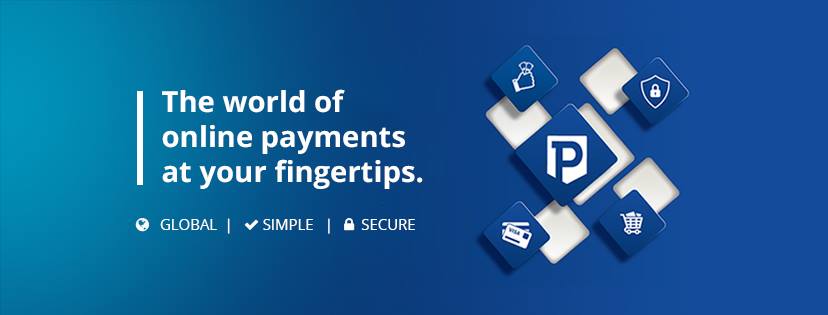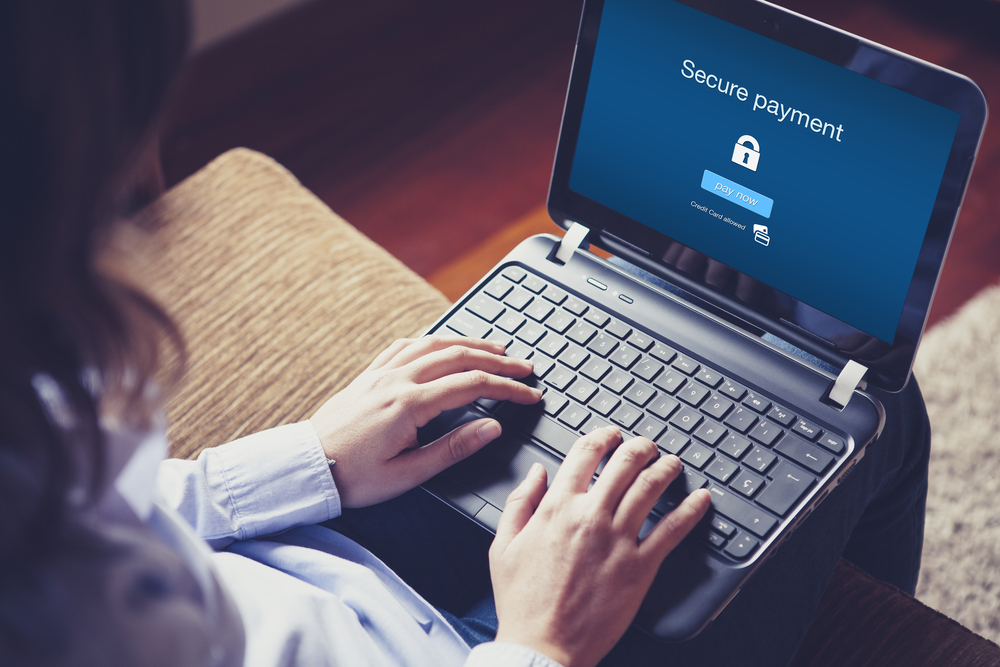PayTabs: Not Just Any Payment Gateway

“People are the best show in the world. And you don’t even pay for the ticket.” – Charles Bukowski
There are two elements in that quote which resonates with the core business philosophy of PayTabs, i.e. People and Payments. PayTabs began as an idea with the sole mission to create a simple and secure platform for people and organizations to transact around the world.
At the heart of it, the mission seems simple enough, after all people are buying and selling in the new digital economy all the time. But the faultlines begin to appear once you deep dive into solving the problems of the payments processing industry, fuelled by the rapid e-commerce growth globally.
The problems are pretty striking when you look at it from a bird’s eye view:
- Gap in the market in the context of multiple currencies being accepted as payments by an ecommerce platform.
- End to end authorization, technology, infrastructure and services in the payments space being offered by a single solution provider: There aren’t that many players.
- Security and Fraud Prevention is a major concern for the industry.
- Not many alternative payments options available with majority of competitors in the industry.
- Last but not the least, hidden charges by many competitors brings ambiguity to the minds of the merchants.
In the view of the above problems, PayTabs has created products which solve all of the above problems and thereby providing a breakthrough for the industry:
- 160+ Currencies accepted on the platform.
- Whether it’s multiple channels, schemes, acquiring banks, multiple shopping cart platforms, security infrastructure and systems, risk management and merchant services, we have you covered in all aspects in the context of building, operating and growing your e-commerce business.
- Dual layers of fraud management infrastructure, dedicated fraud and account management.
- 130+ alternative payments options designed to intelligent recommend you options that support your overall business goals.
- No hidden charges whatsoever, we are completely transparent in our pricing.
For further insights on how we can truly add value to your business, visit our site. Moreover, you have an option of signing up for a demo to experience the true power of our technology.




